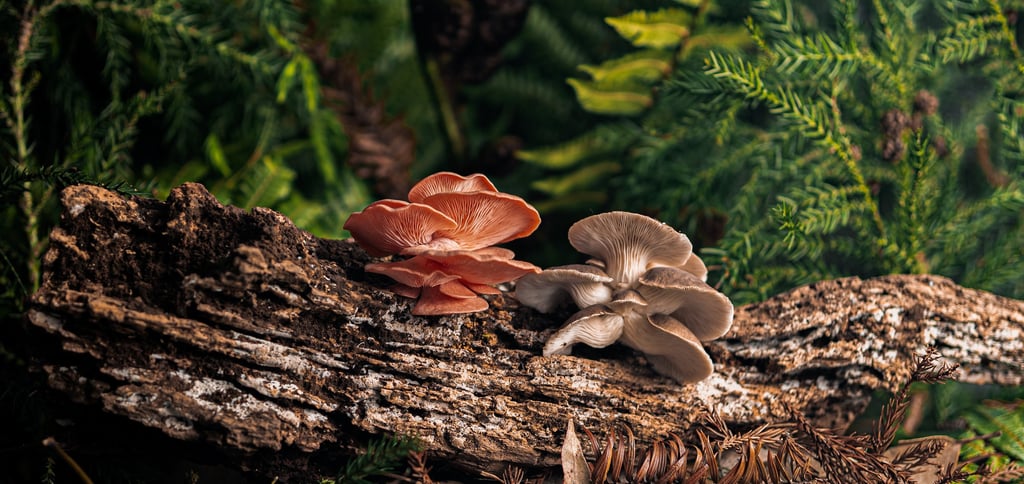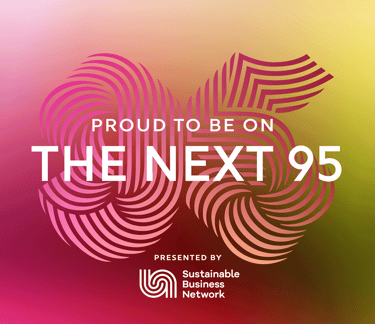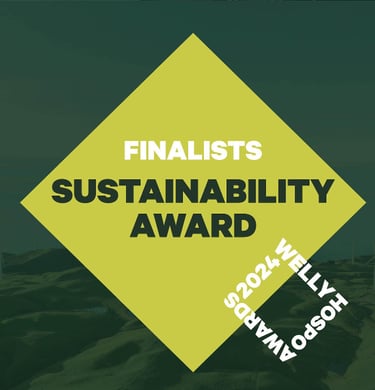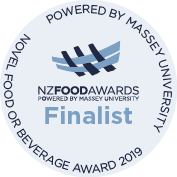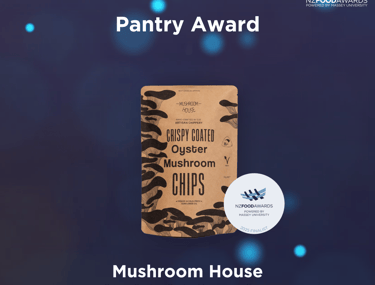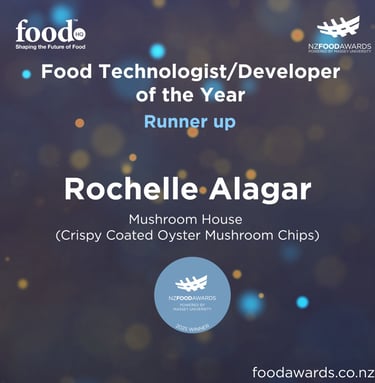
Sustainability
We care about our planet. For this reason, Mushroom House aims to be operating sustainably and ethically at every level the best we can as we grow.
We’re driven by the goal of supporting urban communities, reducing food waste, and promoting renewable food solutions.


Emissions Reduction in Action
By using wood pellets as a growing medium instead of fuel, we cut emissions by up to 1.26 tonnes of CO₂ per tonne. Our urban, circular model reduces emissions by an estimated 60% compared to conventional mushroom growers, thanks to low-water substrates, minimal waste, and shared freight with other local producers.




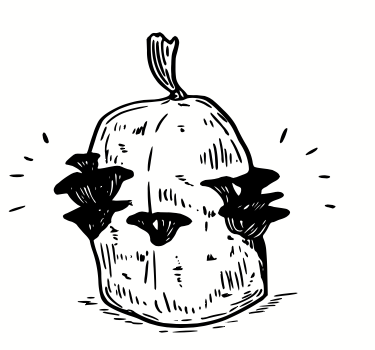

Made for Aotearoa
100% grown, produced, and packaged in New Zealand, supporting local ecosystems, economies, and low-carbon food production.
Water-Smart Growing
Saving 1,827L of water per 100kg grown using low-water substrates and pressure misting, is a key efficiency milestone as we grow our output through 2025.
Category Pioneer
Pioneered New Zealand’s first pink oyster mushrooms and mushroom chips, transforming a humble ingredient into a new product category experience.
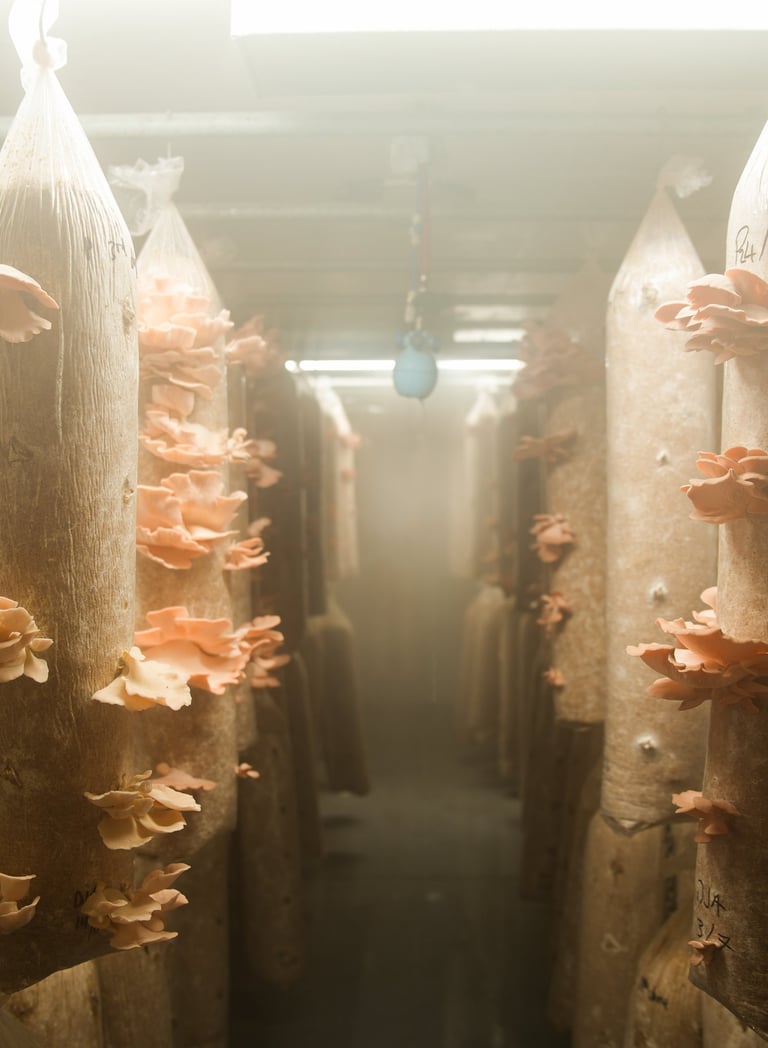

Materials
Everything we do at Mushroom House is sourced locally the best we can, supporting New Zealand farmers and producers. We are committed to having the smallest carbon footprint possible while remaining 100% hand-crafted in New Zealand. We cultivate our oyster mushrooms through low-impact, organically aware methods.
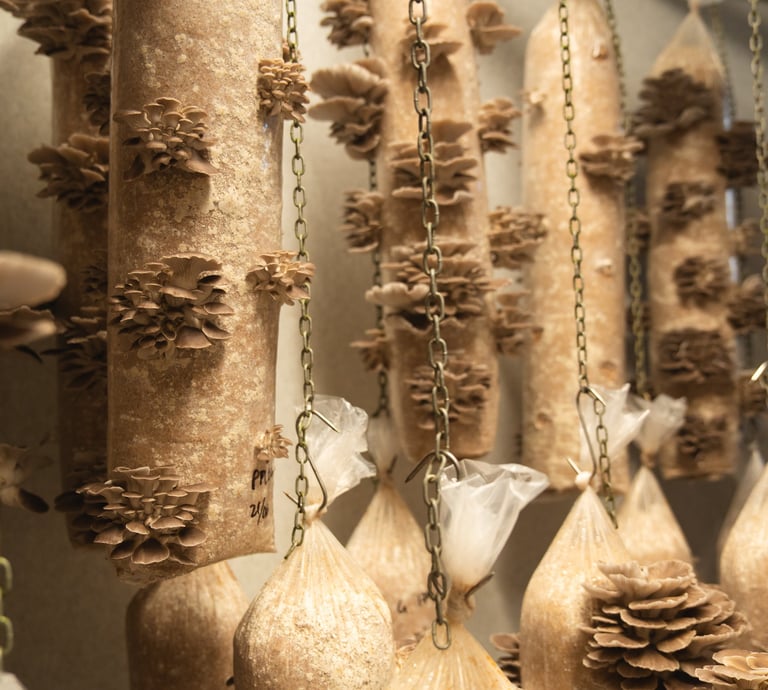

A Rebalanced Food Future
In addition to being a superfood, mushrooms can help cleanse damaged environments by processing waste and making the soil sustainable again. Plant-based foods and mindful local producers can help us to right some climate wrongs. Through mycoremediation, mushrooms are a renewable resource that can turn wood and agricultural waste into fertile soil and even break down herbicides.
Mushrooms can also be made into furniture, packaging, housing insulation, or even leather!
Our processing and waste
Over the past 8 years, our company has been dedicated to enhancing our sustainability efforts. Through the implementation of innovative techniques, we have significantly reduced our environmental impact in the production of our bags. By integrating advanced water-saving methods, we've achieved an impressive 80% decrease in water consumption during the manufacturing of our grow bags. Additionally, our adoption of custom plastic modification processes and the utilization of renewable plastics has led to a remarkable 60% reduction in plastic usage, thereby contributing to a lowered carbon footprint. Moreover, our commitment extends to responsible waste management, as all of our waste materials are returned to the community for home composting, further fostering environmental stewardship.
